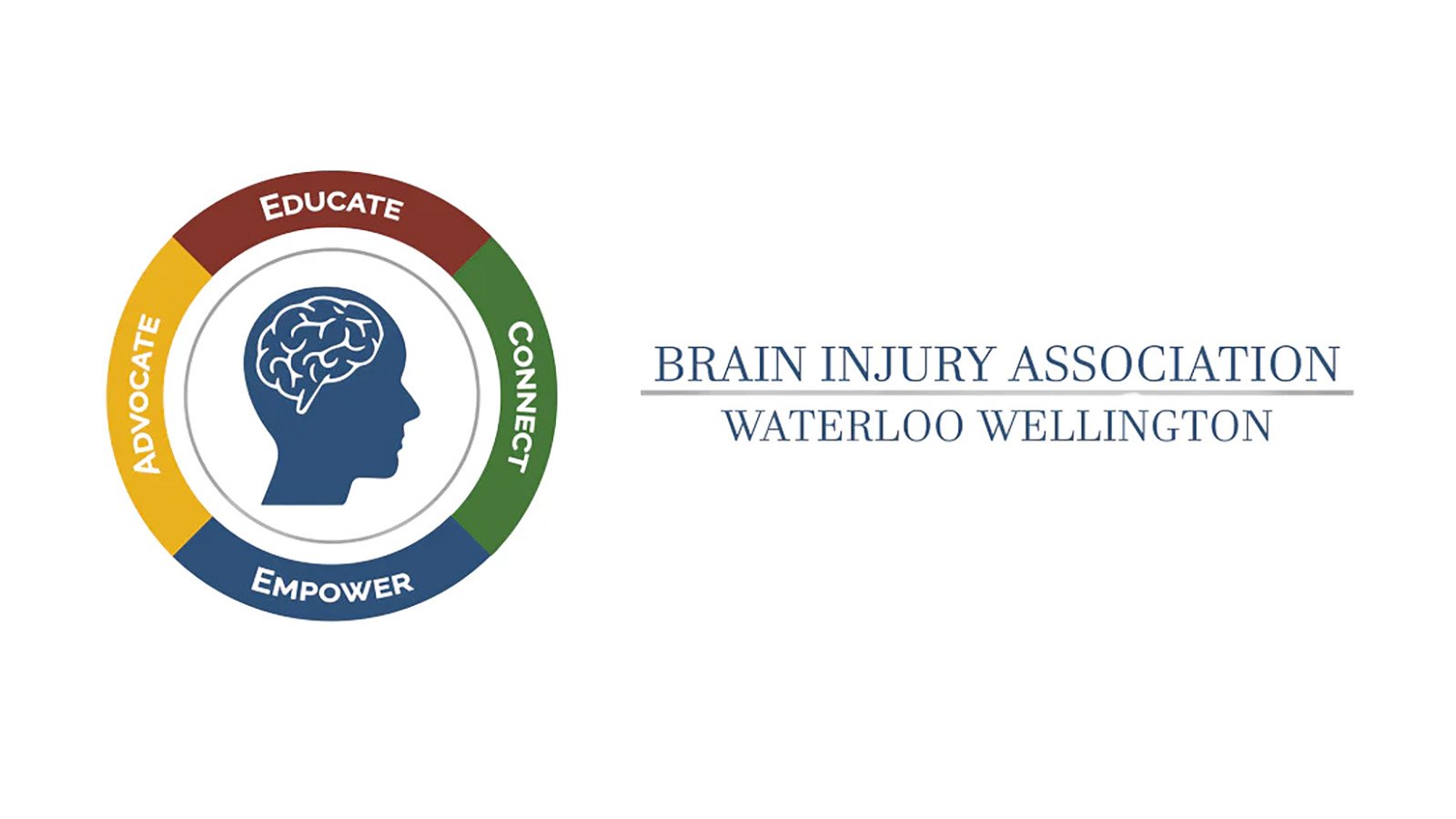People who experience brain injuries face a whole host of difficulties as they recover. Often, survivors have to cope with memory problems, emotional dysregulation, and lack of confidence. This can lead to job loss, isolation, and financial hardship. “Many, many survivors feel that they are all alone,” says Lynda Abshoff, Executive Director at the Brain Injury Association of Waterloo-Wellington (BIAWW). The injury could be the result of a motor vehicle accident, a hard fall, or a sports injury, among other causes. BIAWW is devoted to providing advocacy, education, connections, and empowerment for individuals with acquired brain injury and their families.
One way that BIAWW supports survivors through their recovery is by offering them access to mental health apps – on their phones or iPads – to help manage symptoms and recovery. Some of the apps used include Headspace, Calm, Constant Therapy and Happify. Survivors are provided one-on-one support to learn how to use the app. Then they use the apps for 6 months, with a mental health questionnaire utilized before they begin and at the end of the 6-month trial period. “We believe that access to these apps will help survivors manage some parts of their own recovery, on their own and in their own time,” says Lex Heffernan, Brain Connect Manager at BIAWW. “We think this will be really beneficial to a number of our clients.”
Follow-up support is also important. Technology can be challenging to learn, particularly with the complication of memory problems, and survivors often need ongoing support to use the technology. Eye sight can also be impacted by a brain injury, and BIAWW can help clients access resources that can help.
BIAWW serves over 300 clients each year, and reaches over 7,000 people through their public programming. Because of the complexities of the brain and access to limited healthcare providers, recovery can often take a very long time. Therapies that increase neuroplasticity – rewiring how a person’s brain works – can be effective. This is particularly true of actions that involve both the left and right side of the body. “New pathways can be formed,” comments Lynda. “Significant recovery is possible.”
Kindred Credit Union is pleased to support the important work of BIAWW, particularly in their creative use of technology to aid in the recovery of survivors. By using simple mental health care apps, clients can significantly improve their mental health and feel empowered to play a role in their own recovery.

